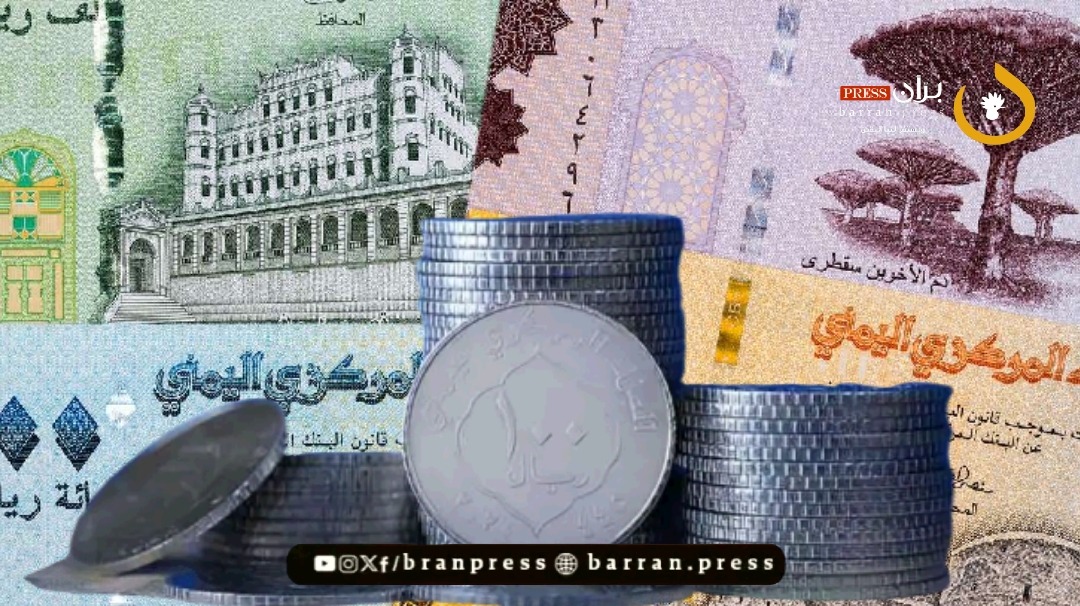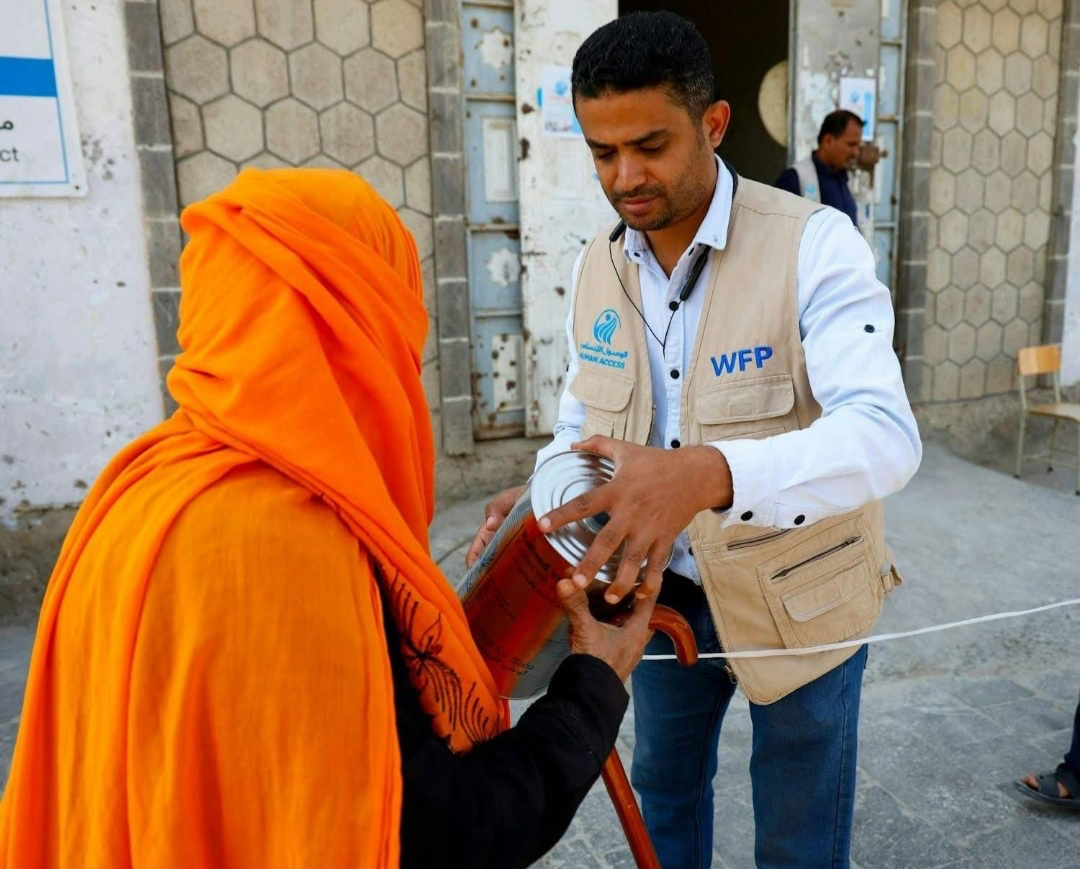
Barran Press
A source has revealed that arrangements are underway for a round of negotiations between the internationally recognized Yemeni government and the Houthi group, designated as a terrorist organization by several countries, to discuss economic issues.
Fars al-Hamri, a correspondent for China's Xinhua news agency in Yemen, reported on Friday, July 26, 2024, that the negotiations will address several economic issues, most notably the issue of suspended salaries.
The source also indicated that the negotiators will discuss a mechanism for withdrawing the newly minted 100 riyal coin from circulation. The coin was minted by the Houthis in March 2024 and is currently circulating in Sana'a and areas controlled by the group.
Earlier, government sources had informed "Barran Press" about preparations by the internationally recognized Yemeni government to resume oil exports through the Nashīma port in Shabwah Governorate (eastern Yemen).
These developments follow the announcement by the UN Special Envoy for Yemen, Hans Grundberg, that Yemeni parties have reached an agreement regarding the banking sector and Yemenia Airlines, as a prelude to broader dialogue encompassing the entire economic portfolio.
On Tuesday, July 23, 2024, the office of the UN Special Envoy for Yemen announced that the internationally recognized Yemeni government and the Houthi group had agreed on several measures to de-escalate tensions regarding the banking sector and Yemenia Airlines.
Grundberg's office stated in a press release that they had received written confirmation from both parties regarding their agreement to "revoke recent decisions and actions against banks from both sides and refrain from any future similar decisions or actions."
The agreement also included the resumption of Yemenia Airlines flights between Sana'a and Jordan, with an increase in the number of flights to three per day, and the introduction of daily flights to Cairo and India, or as needed.
The agreement further stipulated that meetings would be held to address the administrative, technical, and financial challenges facing the company, and that discussions on all economic and humanitarian issues would commence based on a roadmap.
Grundberg acknowledged the crucial role played by Saudi Arabia in reaching this agreement, affirming the UN's readiness to work with both parties to implement the agreed-upon measures. He also offered to facilitate communication with authorities in Jordan, Egypt, and India.
The UN envoy emphasized the need for both parties to cooperate in achieving an economy that serves all Yemenis and supports the implementation of a nationwide ceasefire and the resumption of an inclusive political process.
On July 12, 2024, the Yemeni Presidential Leadership Council stipulated the "resumption of oil exports, unification of the national currency, cancellation of all arbitrary measures against the banking sector, and the financial and business community" during an emergency meeting where they discussed a UN request for a UN-sponsored dialogue to discuss recent economic developments and find solutions that benefit Yemenis.
On July 23, 2024, the UN Secretary-General's Special Envoy, Hans Grundberg, stated during a briefing to the Security Council that he "looks forward to further cooperation with the parties to support them in fulfilling their commitments regarding the banking sector and Yemenia Airlines."
He noted that the goal "remains a unified currency, a unified and independent central bank, and a banking sector free from political interference," emphasizing that "the parties' commitment must translate into de-escalation and dialogue, as per the understanding they reached last night and the broader understanding they reached last December, into a willingness to negotiate directly."
In October 2022, the Houthi group, internationally designated as a terrorist organization, targeted the Nashīma port with two drones, preventing oil exports through it. They also carried out similar attacks on export ports in Hadhramaut Governorate, depriving the internationally recognized Yemeni government of hard currency revenue to date.
Subsequently, the Houthis demanded a "mutually agreed upon mechanism" to allow the resumption of oil exports from ports under the control of the Yemeni government, including revenue sharing between the two sides.
The halt in oil exports due to Houthi attacks has exacerbated the economic and humanitarian crisis in the country. In August 2023, the Yemeni government announced that it had incurred financial losses estimated at $1.5 billion due to the cessation of oil exports.





